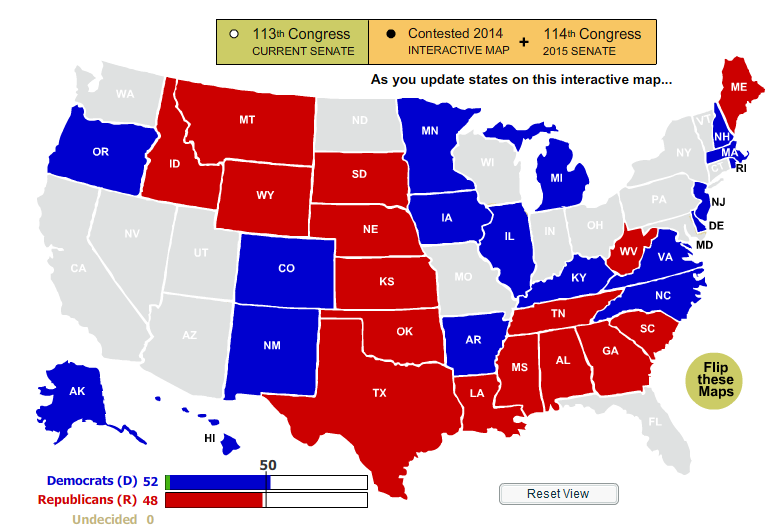Obamacare was left mostly unharmed this week despite the fact that the Supreme Court ruled against its contraception mandate. But a far greater threat to the law is alive and well a few blocks away in Washington, D.C.
Any day now, a three-judge panel on the D.C. Circuit Court of Appeals is expected to rule in Halbig v. Burwell, an expansive challenge that goes directly after federal insurance subsidies. An unfavorable outcome stands to cripple a core component of Obamacare, without which the law may not be able to survive. Two of the judges, both Republican appointees, expressed varying degrees of sympathy for the challengers' case.
"Of all the challenges since the individual mandate, this is the one that presents the most mortal threat to the act," Jonathan Turley, a professor at George Washington University Law School, told TPM.
At issue is whether the statute permits the federal exchange (which serves residents of 34 states which opted not to build their own) to dole out premium tax credits. Without the subsidies, which are benefiting millions of lower-income Americans, the individual mandate is unworkable because many people won't be able to afford insurance. And without the mandate, the coverage guarantee for preexisting conditions threatens to send costs soaring and destabilize the health care market.
The challenge was initially written off by some as a fool's errand because there's a lack of evidence that the Democrats who crafted and passed the Affordable Care Act intended to block subsidies on the federal exchange, which was designed as a backstop on behalf of the states. (They've signed a brief saying as much.) But the challengers seized on an ambiguity in the language of the statute which says the subsidies are to be provided by "an Exchange established by the State."
"If the legislation is just stupid, I don't see that it's up to the court to save it," Judge A. Raymond Randolph said during oral arguments in March.
Randolph, a George H.W. Bush appointee, said the text of the statute "seems perfectly clear on its face" that the subsidies are confined to state-run exchanges. Carter-appointed Judge Harry T. Edwards slammed the challengers' claims as "preposterous." So the deciding vote appears to be with George W. Bush-appointed Judge Thomas B. Griffith, who wasn't resolute but sounded unconvinced of the Obama administration's defense, saying it had a "special burden" to show that the language "doesn't mean what it appears to mean."
Turley said, "If this case were decided on the basis of the statutory language, the advantage goes to the challengers. If the court is willing to broaden its interpretation then the administration may have an edge. It depends entirely on how the panel structures its analysis."
If the three-judge panel rules against federal Obamacare subsidies, sources close to the case say the administration is very likely to request an en banc ruling -- a re-vote taken by the full D.C. Circuit. The math of the overall bench is friendlier to the White House: 7 judges are Democratic appointees and 4 are Republican appointees. Four of the judges were placed by President Barack Obama himself, all during his second term.
The legal basis for the lawsuit was crafted by Cato's Michael Cannon and Case Western law professor Jonathan Adler. The challengers lost the case in the D.C. district court. Cannon said on Wednesday he's "hopeful" about winning at the appeals court.
The White House declined to comment on the pending litigation and administration officials wouldn't weigh in on potential contingency plans if the D.C. Circuit court's final judgment is against the Obamacare subsidies.
"The text of the statute makes clear that the state establishment of an Exchange was never viewed as a condition for the availability of tax credits," read the brief signed by Senate Majority Leader Harry Reid (D-NV), then-House Speaker Nancy Pelosi (D-CA) and other legislative architects of Obamacare.



